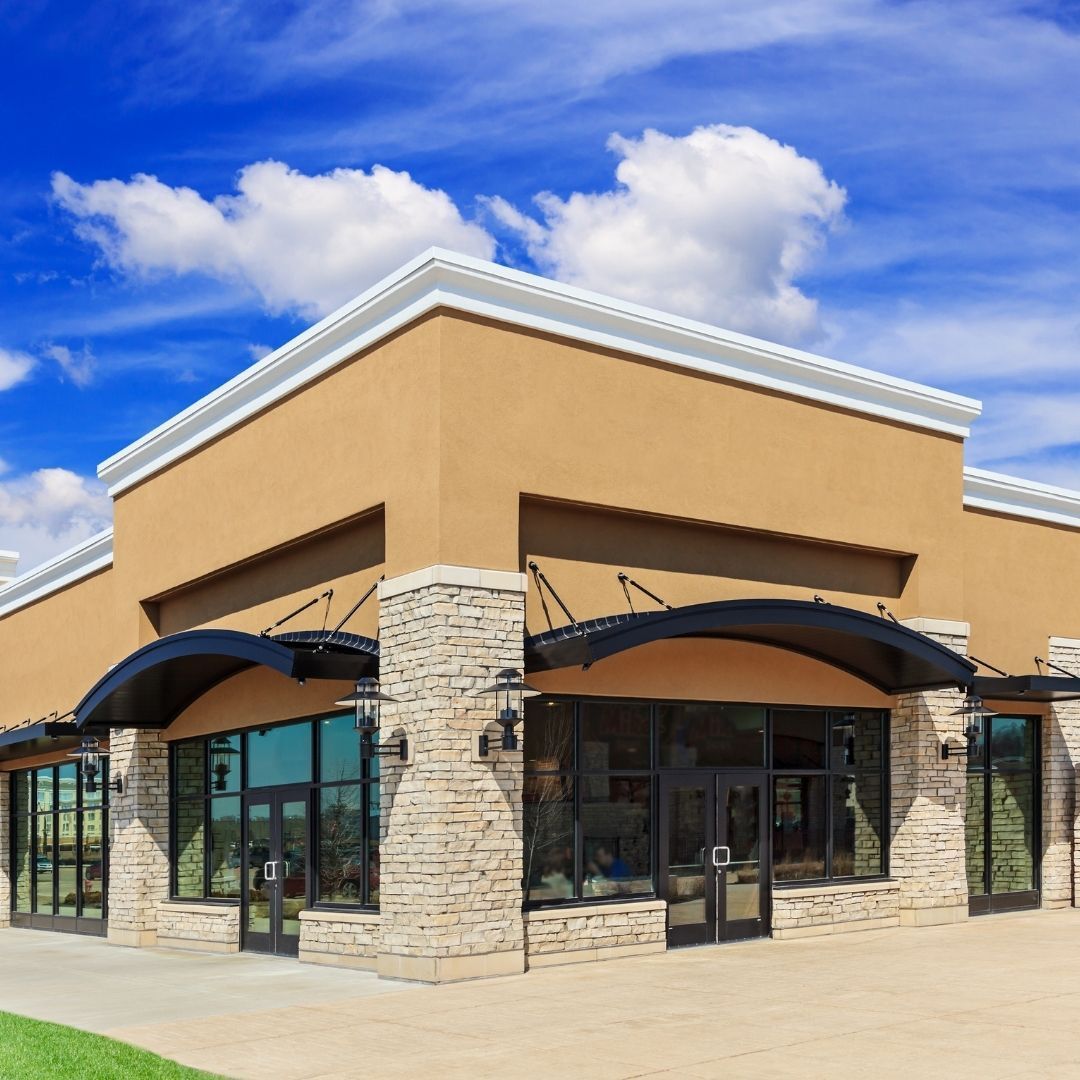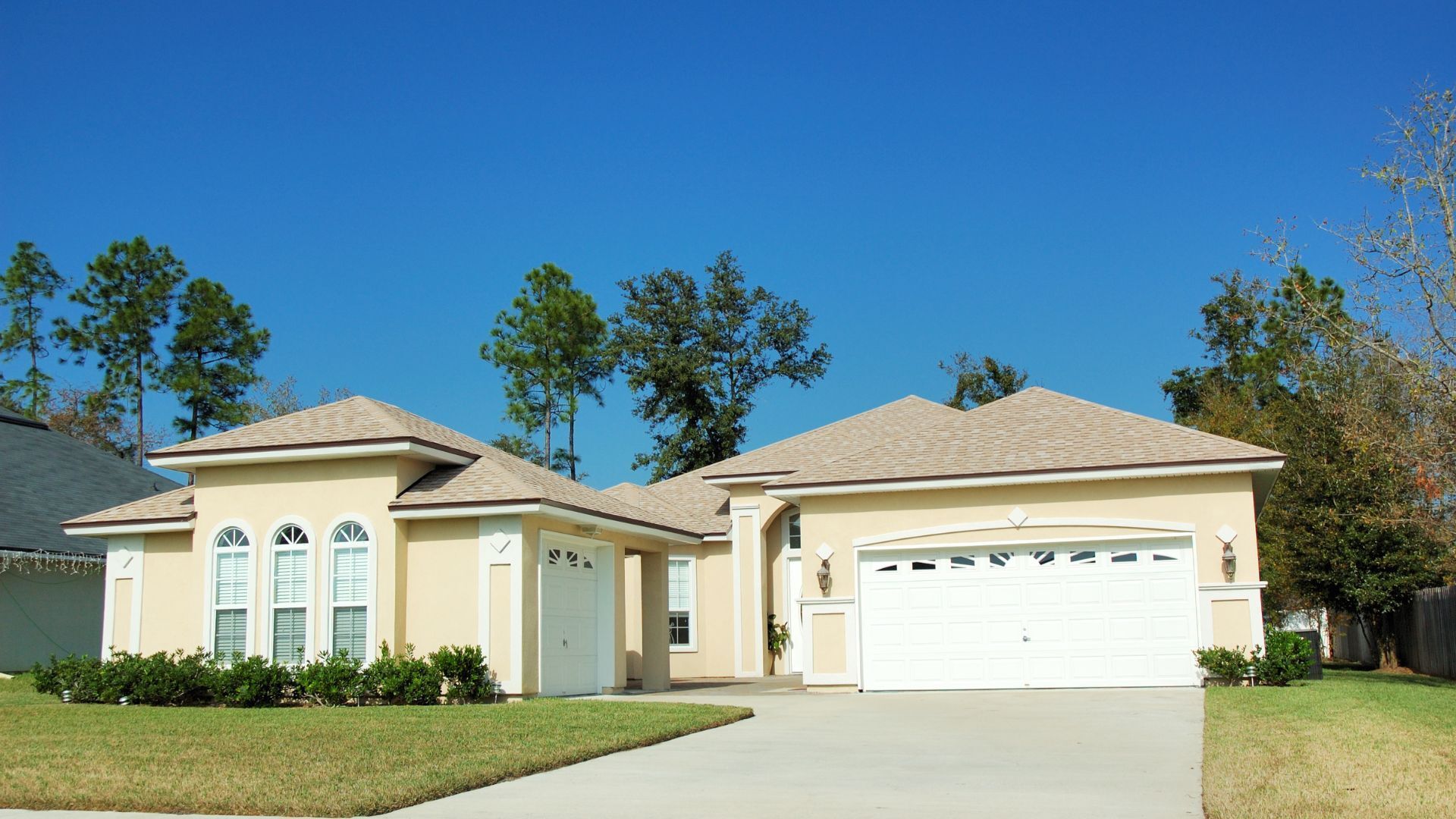Call (727) 784-5555
Commercial real estate loans are a lot like a residential mortgage. However, the programs, terms, and types vary.
In general, a commercial real estate loan is money that you borrow from a lender to buy real estate for your business and pay back with interest. Here's what to expect and how to get what you need.
There are many types of commercial real estate loans. Each type of loan has its own list of benefits and eligibility requirements. To choose the right one, consider the requirements of your business, which type of property you're investing in, and what kind of loan features you prefer. Below are the most common commercial loans.
For detailed information about each loan type, visit our commercial programs page.

Remember, commercial real estate loans help business owners purchase, build, or renovate property. These loans are typically secured by the property itself, which can be either a commercial or residential rental unit. However, these loans maybe secured by other business assets depending on the loan type.
For more information about what loan is best for you, talk to one of our commercial experts. Call (727) 784-5555. Or ask a question using the form below.
Have A Question?
Use the form below and we will give your our expert answers! Or scroll down for more FAQs and Answers.
Ask A Question
We will get back to you as soon as possible.
Please try again later.

Check out our other helpful videos to learn more about credit and residential mortgages.














